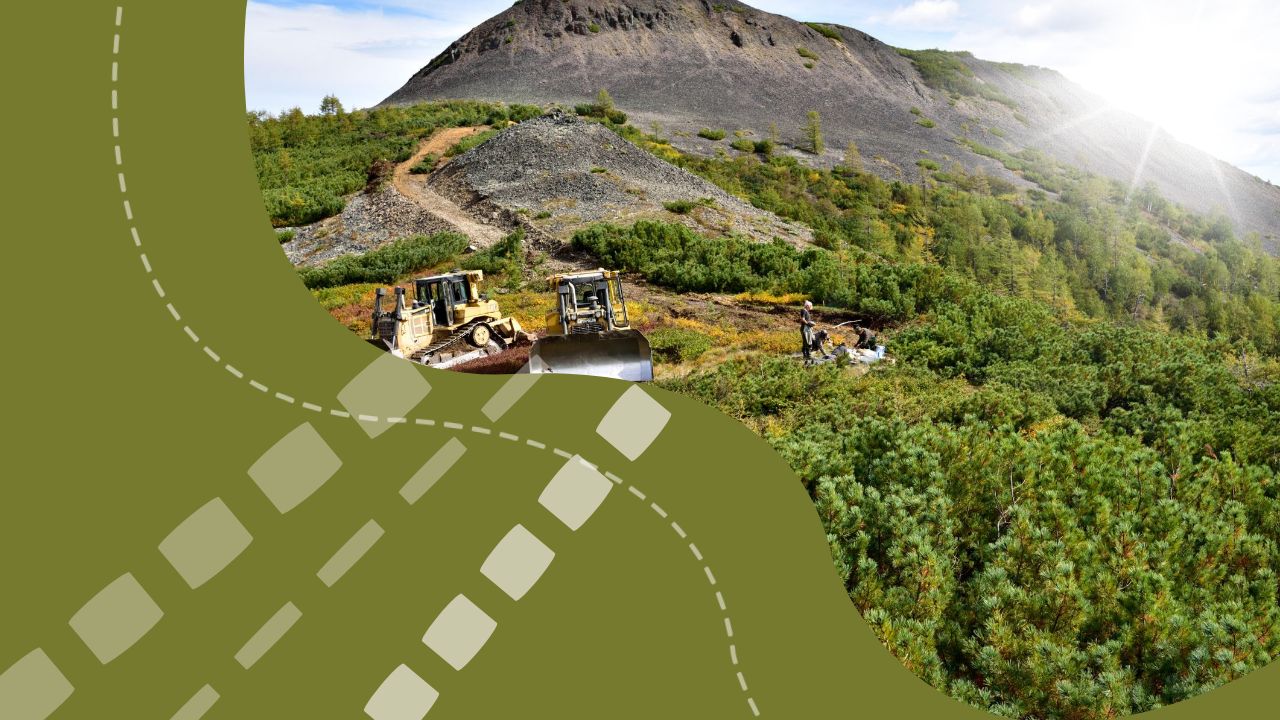Kazakhstan has officially selected Russia’s Rosatom to build its first nuclear power plant, deepening energy ties with Moscow — but within hours, the country signaled a balancing act by revealing plans for a second plant likely to be built by China.
In an unusual Saturday announcement on June 14, Kazakh authorities confirmed Rosatom as the winner of the long-running bid to construct the first plant in Ulken, near Lake Balkhash. The same day, the head of Kazakhstan’s nuclear energy agency, Almassadam Satkaliyev, said a second nuclear power station would likely be built by China’s state-owned China National Nuclear Corporation — the runner-up in the initial bid.
This dual-track approach reflects Kazakhstan’s broader geopolitical strategy of maintaining equilibrium between its powerful neighbors: Russia and China. While Rosatom brings deep integration advantages — from uranium processing and cultural ties to favorable financing and waste disposal — the inclusion of a Chinese-built second plant helps offset dependence on Moscow.
“Rosatom’s proposal does look strong in technical and financial terms,” said energy researcher Shaimerden Chikanayev. Yet, he added, the political cost of excluding China likely triggered Astana’s swift pivot.
The Rosatom-led project is slated for completion by 2036, with a price tag of at least $15 billion. The financing details remain murky, though Kazakhstan insists it will retain ownership, distancing itself from Turkey’s Akkuyu model, where Rosatom owns the facility outright.
The announcement landed just days before Chinese President Xi Jinping’s visit to Kazakhstan for the second China–Central Asia summit — potentially souring Beijing’s expectations of regional energy investment leadership. Political analyst Dosym Satpayev noted the timing could have left “an unpleasant aftertaste for Beijing.”
Officials now appear eager to proceed with both reactors in parallel. Deputy Prime Minister Roman Sklyar even suggested the Chinese-built plant could be completed first, depending on the technology used.
However, financial questions loom large. “Kazakhstan will be paying back the Russian loans for a very, very long time,” warned energy analyst Olzhas Baidildinov, with electricity tariffs likely to bear the burden.
As Astana juggles energy security with foreign policy nuance, the outcome of its nuclear ambitions may shape the region’s balance of power for decades to come.

